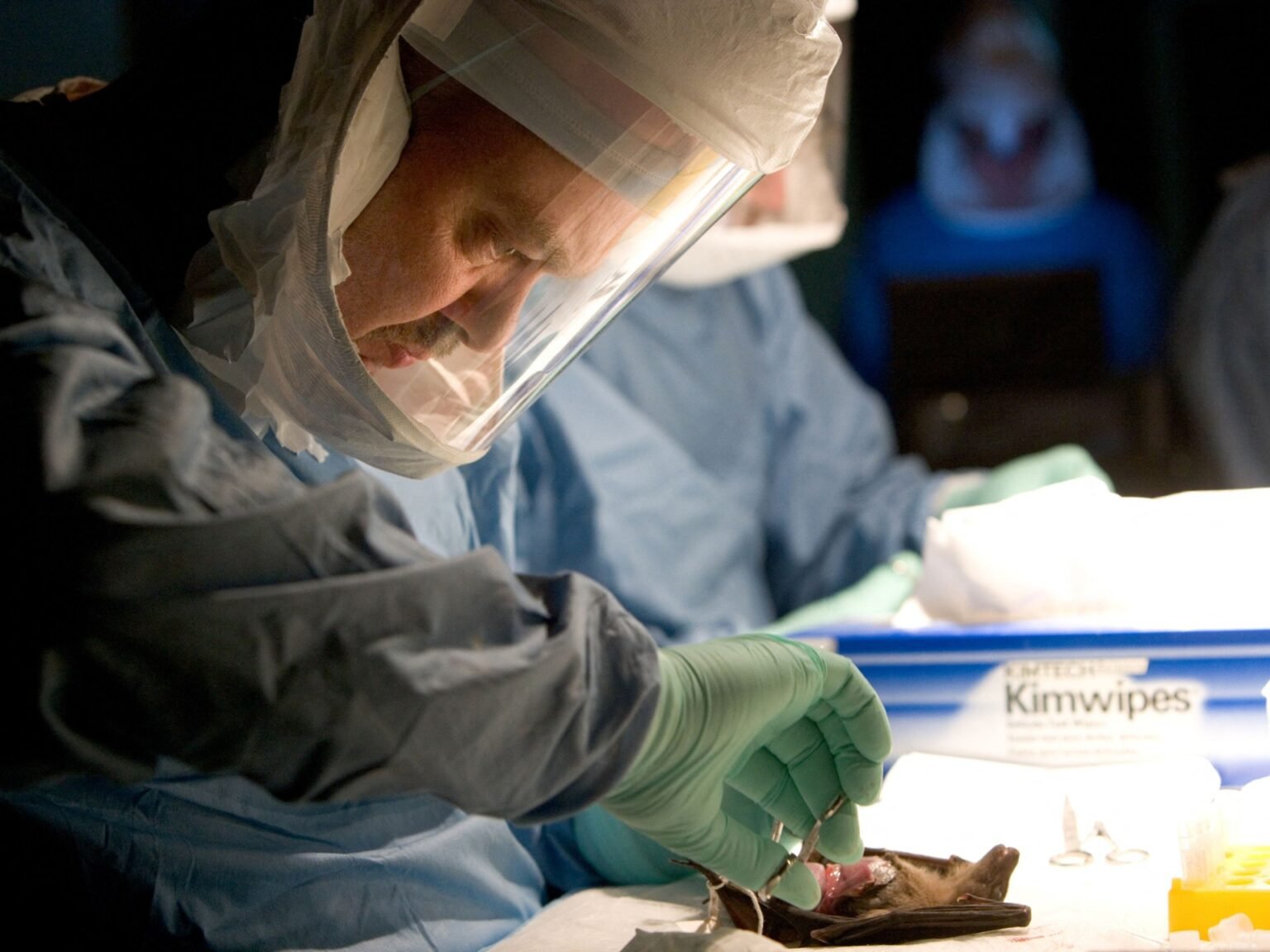Rwanda is currently facing its first outbreak of the highly virulent Marburg virus, with 11 reported deaths so far. The health minister has announced that the country will begin clinical trials of experimental vaccines and treatments. Marburg is a virus from the same family as Ebola and causes a severe haemorrhagic fever that can be fatal. The World Health Organization estimates the case fatality rate to be between 24 and 88 percent.
Symptoms of the Marburg virus include fever, headache, muscle and joint pain, fatigue, appetite loss, bleeding, and gastrointestinal symptoms. The virus can be spread through contact with infected Rousettus bats, direct contact with bodily fluids, or contaminated surfaces. There are currently 36 confirmed cases in Rwanda, with 25 individuals being treated in isolation. The outbreak has mainly affected healthcare workers, prompting concerns about infection control measures in healthcare facilities.
The current outbreak in Rwanda is the only reported case of the Marburg virus so far, although there were fears of its spread to Germany, which turned out negative after testing. Small outbreaks have occurred in recent years in Guinea, Ghana, Tanzania, and Equatorial Guinea, but these were quickly contained. Despite the low global risk level assessed by WHO, the situation in Rwanda is considered highly dangerous at the national and regional levels. There are no approved vaccines or treatments for the virus, although experimental options are being developed.
To avoid catching the Marburg virus, experts recommend practicing good hygiene, limiting exposure to sick individuals, wearing masks, and not sharing food with potentially infected people. Monitoring symptoms, seeking prompt treatment, and reporting exposure to healthcare workers are also essential precautions. Marburg outbreaks are becoming more frequent due to increased contact between wildlife and humans, the rise of chronic diseases that make people more susceptible to infections, and limited healthcare infrastructure in some regions.
The global community needs to work together to fund preventative measures, active surveillance, and healthcare infrastructure to prevent further outbreaks and save lives. The development of vaccines and treatments for the Marburg virus is crucial in managing future outbreaks. The situation calls for a collaborative effort to address the challenges posed by emerging infectious diseases like Marburg and prevent their spread.

